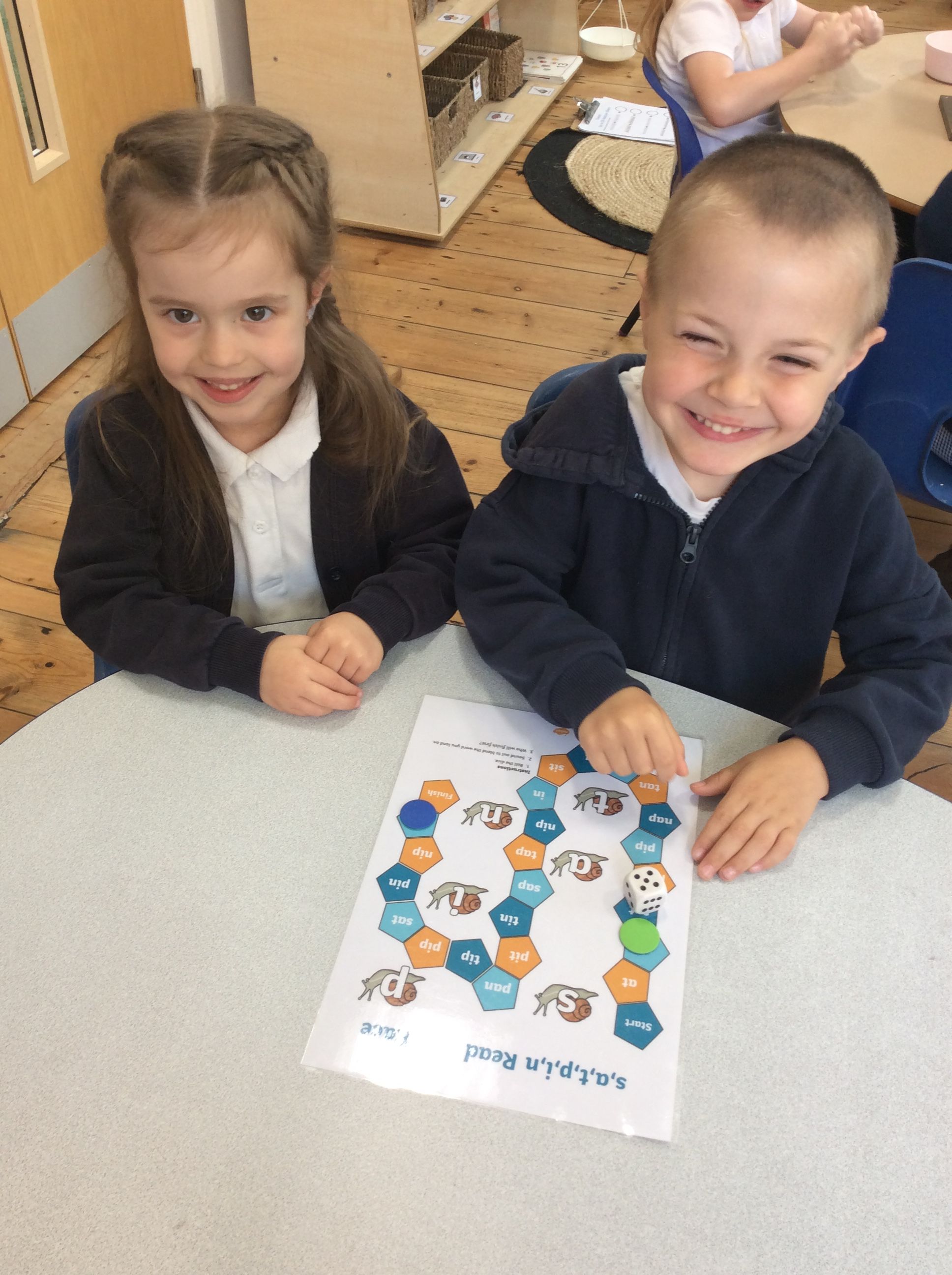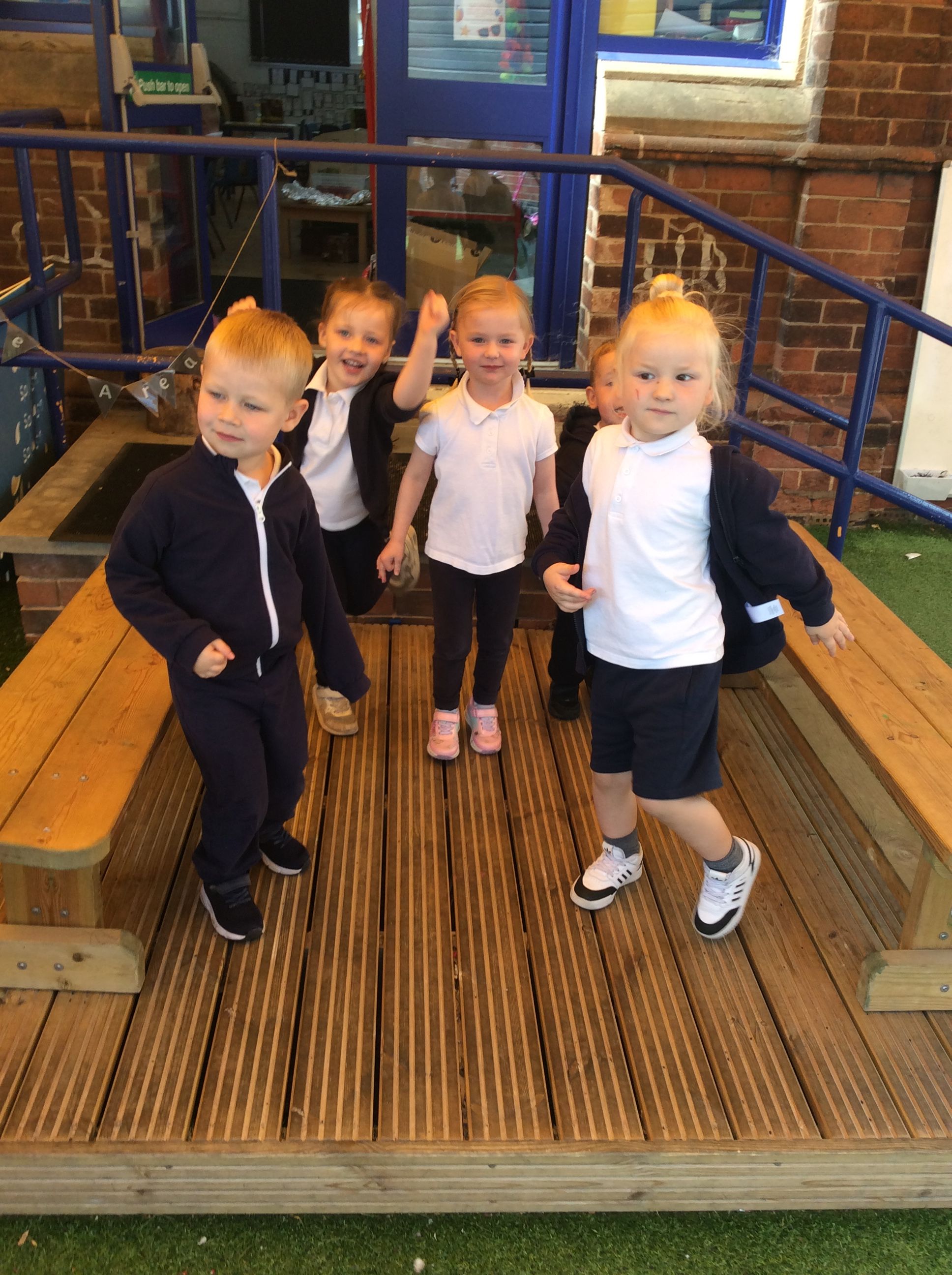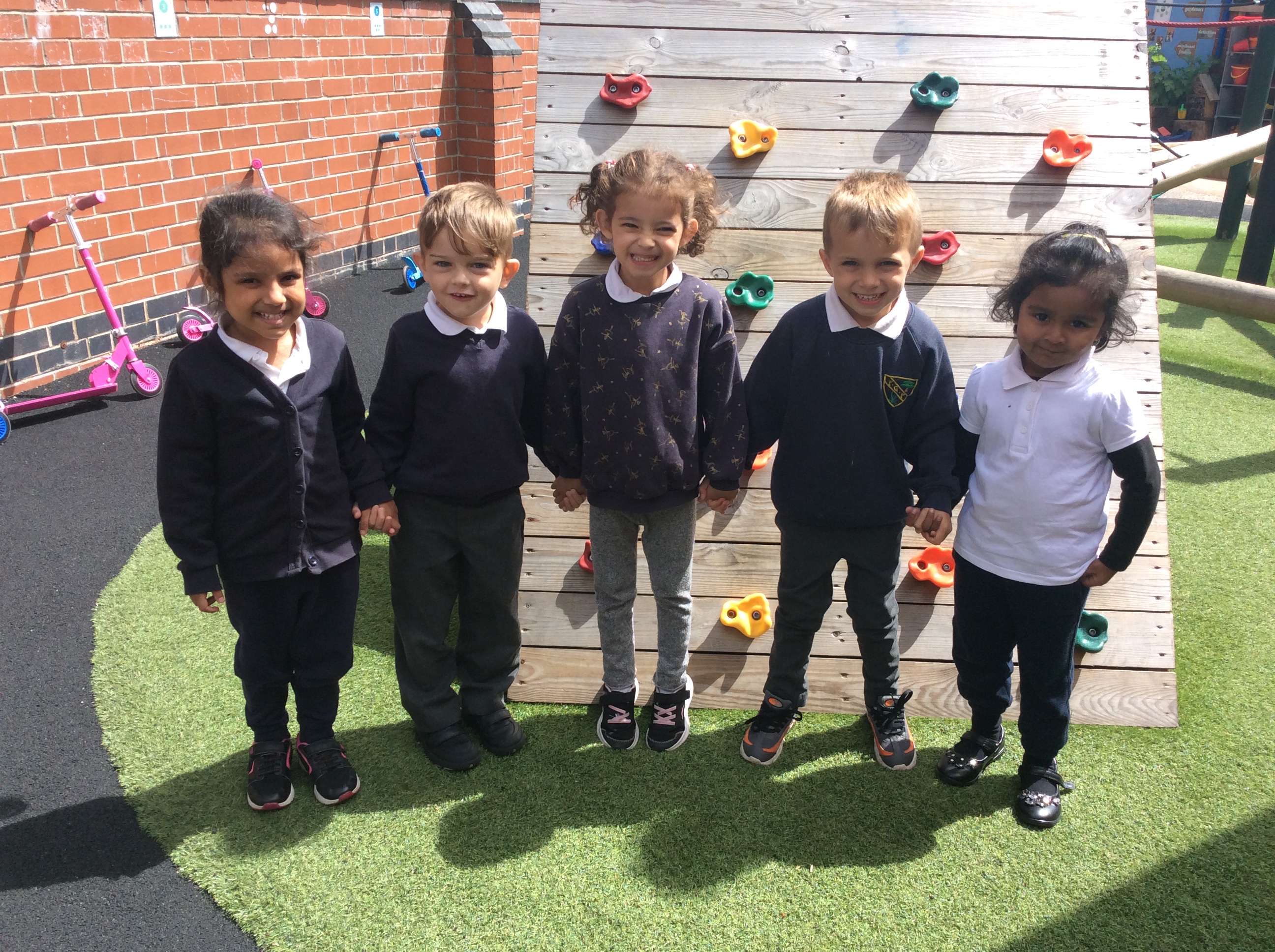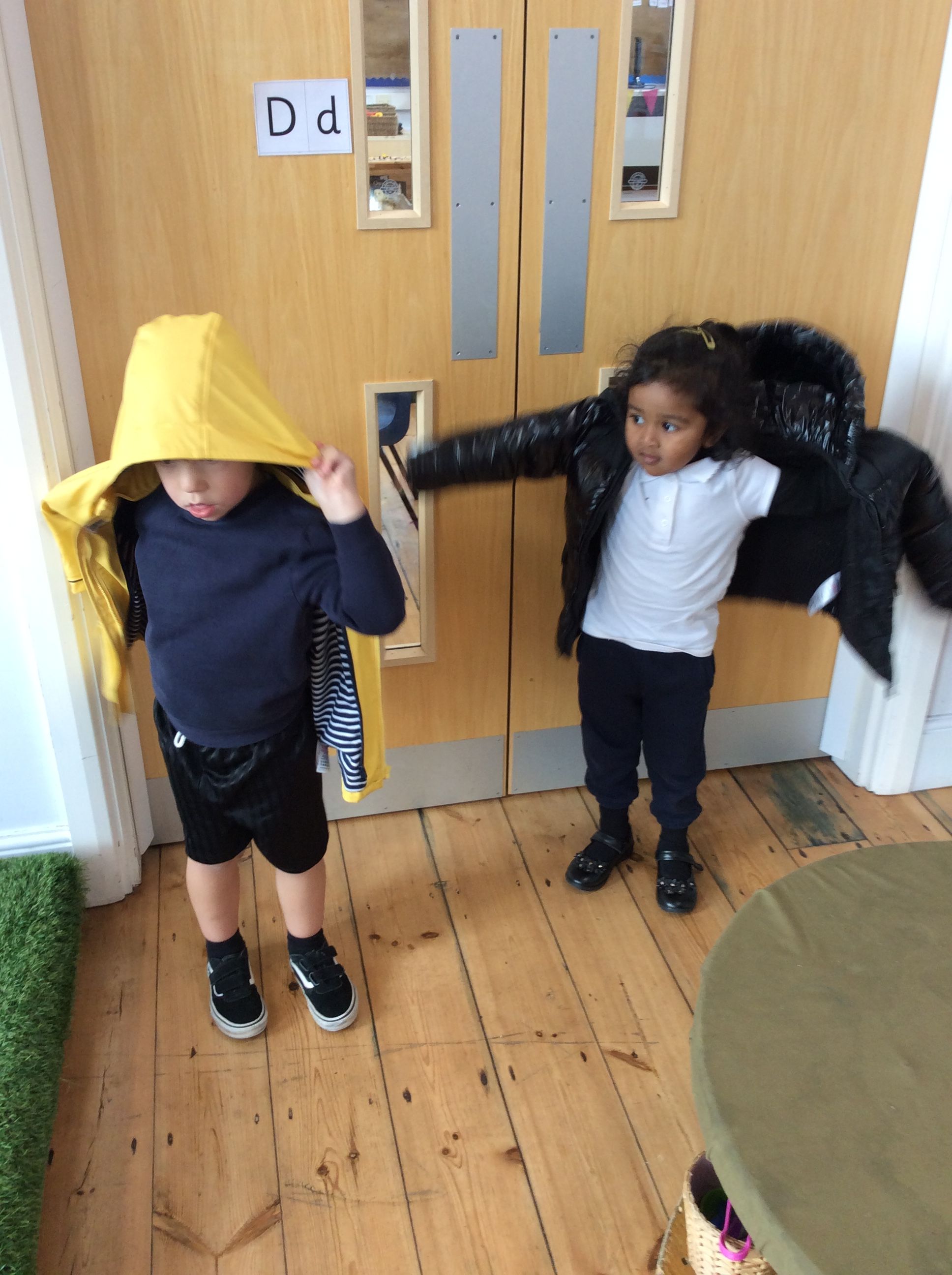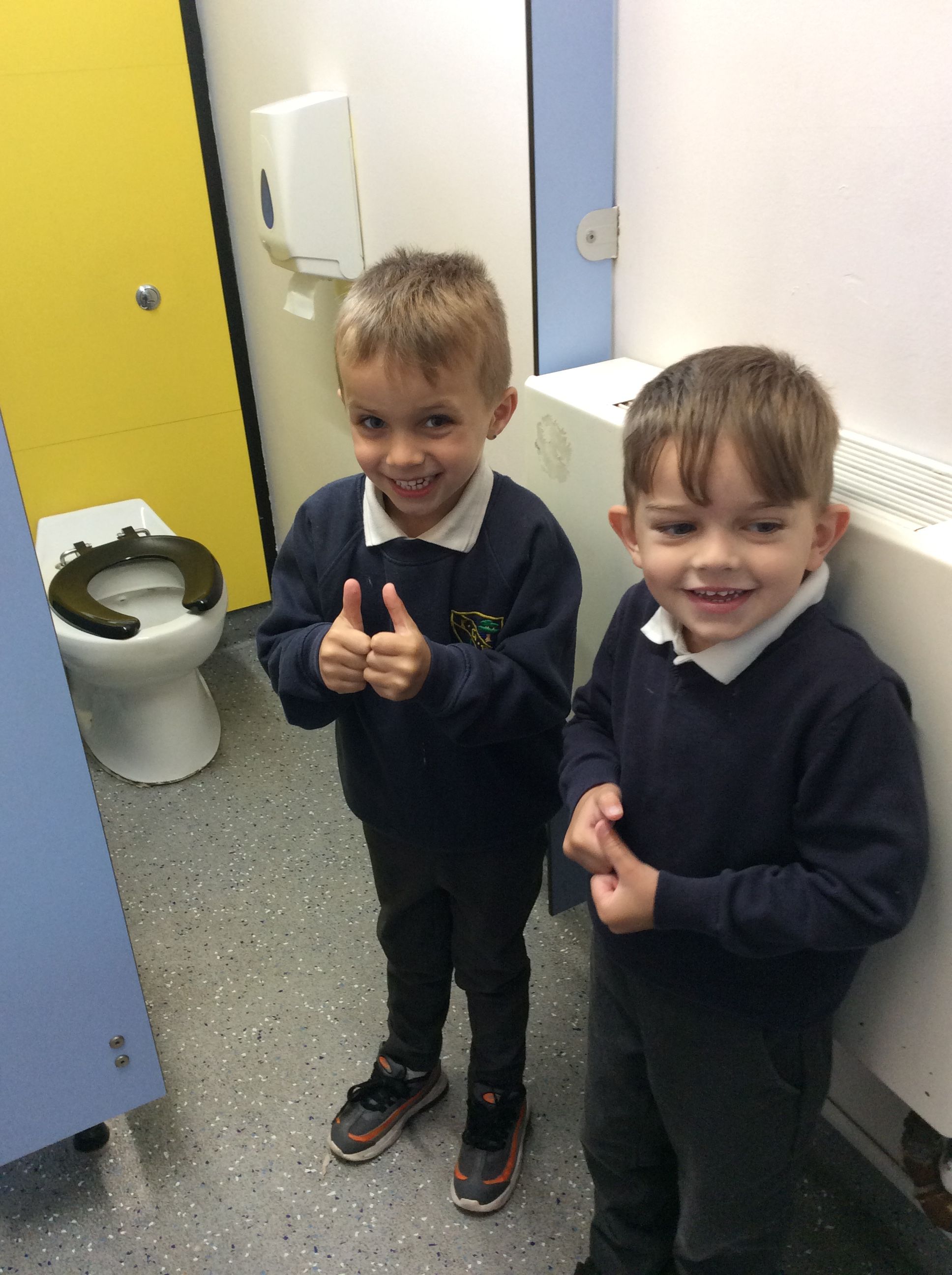Personal, Social and Emotional Development
Personal Social and Emotional Development (PSED) supports children to have a positive sense of themselves, respect for others, social skills, emotional well-being and a positive disposition to learning.
Through relationships, children learn how to think, understand, communicate, behave, express emotions and develop social skills. This enables children to develop the capacities they need to participate in society and to lead happy and fulfilling lives. Our children make relationship with all staff and children and are aware of different wants/ needs/ appearance of others.
Building children's confidence allows them to have a go at and try new things. It allows them to develop social and emotional learning skills and tackle new tasks, even when they might be daunting or completely new. We want our children to be confident in any new situations. We have a school value of confidence that we adhere to which is displayed throughout the school. We also promote confidence in EYFS through being encouraged to speak, asking for help, being inquisitive in lessons, and performing on the stage area.
Taking turns is an important social skill that helps children learn to share and cooperate with others. It helps children to develop patience, empathy, and self-control, and to respect the rights and feelings of others. Our children learn to take turns through effect modelling, quality interactions and within the daily activities in provision e.g. playing a game / sharing a resource.
Being able to follow rules helps children understand which behaviours are acceptable and unacceptable. We have 8 values that we adhere to throughout school and are celebrated when we display these values in school.
Managing ourselves is important as it allows children to take care of their own hygiene and become independent. We also promote independence, confidence and resilience, through learning to dress ourselves e.g. putting on an apron or coat and using a knife and fork at lunchtime or in the home corner.
Learning about feelings helps children to build better relationships. That is because being aware of their emotions can help them talk about feelings more clearly, avoid or resolve conflicts better, and move past difficult feelings more easily. We encourage of children to reflect on behaviours, and discuss strategies to help move their behaviours forward. Our children are aware of different feelings and how these may be displayed by their friends. They are supportive to their peers and offer resolutions.
